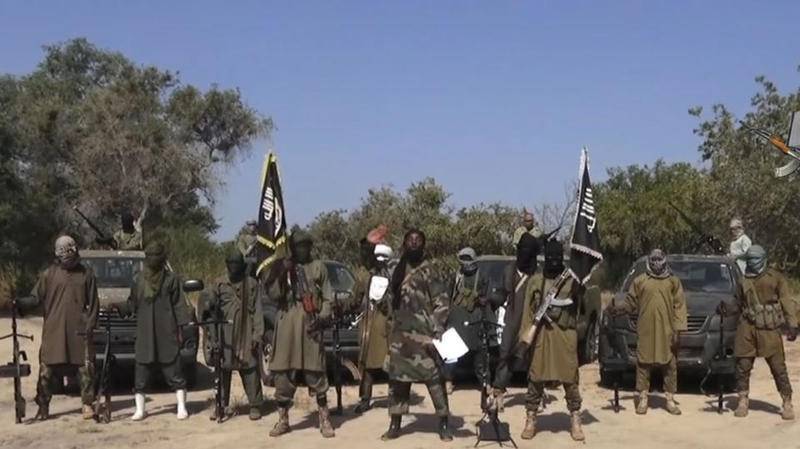Iconic for its barbaric and high-profile acts, Boko Haram, has returned to the limelight with the capture of the town and military base in Braga, in northeast Nigeria, proceeding to raze it and killing over 2000 people in the process. Eyewitnesses report a brazen, daylight attack in which villagers were shot at indiscriminately. Previously shot into infamy for abducting 200 schoolgirls, Boko Haram is distinguishing itself as one of the most dangerous radical Islamist groups in the African continent.
The group, whose main objective is the rejection of Western education, has grown much more violent over the years and now counts the establishment of Sharia in Nigeria amongst its objective. The attack coincides with the start of the election campaign of the incumbent President, Goodluck Jonathan, and serves to remind Nigeria of the abject failure of the government to combat Boko Haram. The Nigerian military remains severely unequipped and untrained, despite the fact that Nigeria is not short of cash; political indifference in the peaceful, oil-rich south has led to little headway. Foreign forces are reluctant to arm the Nigerian military because of its abysmal human rights track record, leading to an impasse, which Boko Haram can exploit. A deadly attack such as this might me a catalyst in sharpening consensus, yet the same was hoped after the abduction of the schoolgirls and the massive global outcry it generated.
Much more than a lack of political will, Boko Haram’s case is a textbook illustration of only dealing with the symptoms of extremist insurgency. In 2009, after a spate of killings, the state counter-offensive stormed the group’s headquarters and killed its founder, later declaring the group “finished”. Yet it did nothing to address the north’s apprehensions about ‘colonial’ western education, did nothing to bring economic activity to the north or rehabilitate the remaining fighters – who eventually re-united under a much more violent leader, forged links with Al Qaeda, and sought vengeance. There are clear parallels to be drawn between Pakistan and Nigeria here; both countries need to think beyond the barrels of their guns.
Friday, April 19, 2024
Resurgent Boko Haram

President, PM condemn suicide blast, firing in Karachi
2:24 PM | April 19, 2024
Fly Jinnah launches another international route
2:23 PM | April 19, 2024
Interior minister directs foolproof security for Chinese nationals
2:20 PM | April 19, 2024
UNICEF to provide $20m for youth projects in Pakistan
2:04 PM | April 19, 2024
Maryam reviews progress on Nawaz Sharif IT City project in Lahore
2:04 PM | April 19, 2024
A Tense Neighbourhood
April 19, 2024
Dubai Underwater
April 19, 2024
X Debate Continues
April 19, 2024
Hepatitis Challenge
April 18, 2024
IMF Predictions
April 18, 2024
Kite tragedy
April 19, 2024
Discipline dilemma
April 19, 2024
Urgent plea
April 19, 2024
Justice denied
April 18, 2024
AI dilemmas unveiled
April 18, 2024
ePaper - Nawaiwaqt
Advertisement
Nawaiwaqt Group | Copyright © 2024





